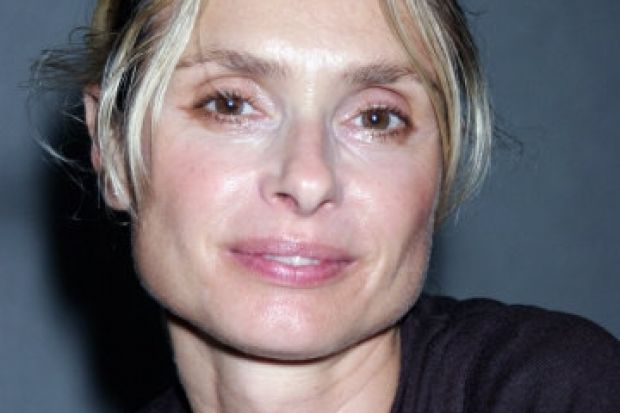In 2007, Maryam d'Abo had a near-fatal cerebral haemorrhage. Her husband Hugh Hudson, most famous for directing Chariots of Fire (1981), has now built a BBC Four film around her, Rupture: Living with My Broken Brain, which charts her "journey through pain and suffering to a life renewed".
The programme makers interviewed fellow aneurysm sufferers such as jazz guitarist Pat Martino and music producer Quincy Jones, as well as neurosurgeons.
But they also turned for help to Paul Broks, lecturer in psychology at Plymouth University and author of an award-winning book, Into the Silent Land: Travels in Neuropsychology (2003).
"I got drawn into it quite gradually and ended up writing the voice-over, dispensing neurological facts and philosophical reflections," he said. "It was a journey, which I joined half-way through, and so I had to find words to work around the pictures in order to pull the programme together and give it coherence."
In the event, Dr Broks' words were recorded by the actor Nigel Havers and explore questions such as how the brain can be both "a piece of machinery" and "a site of hopes and fears", and why the academic finds it "hard to imagine a heavenly theme park" after death.
"My wife was terminally ill at the time so I didn’t want to shy away from the big issues of life and death," Dr Broks added.
"Even when I was working full-time as a clinician, I always felt there were deeper philosophical questions raised by the impact of brain injury, beyond the neurological and epidemiological facts."
Dr Broks was also keen to retain "an element of challenge and uncertainty", as when he asks Ms d'Abo whether the wheelchair dancers she is watching are really uplifting or just painfully embarrassing.
The programme will be broadcast on 12 July as part of BBC Four's season Flesh, Blood and Bone: The Amazing Human Body.
